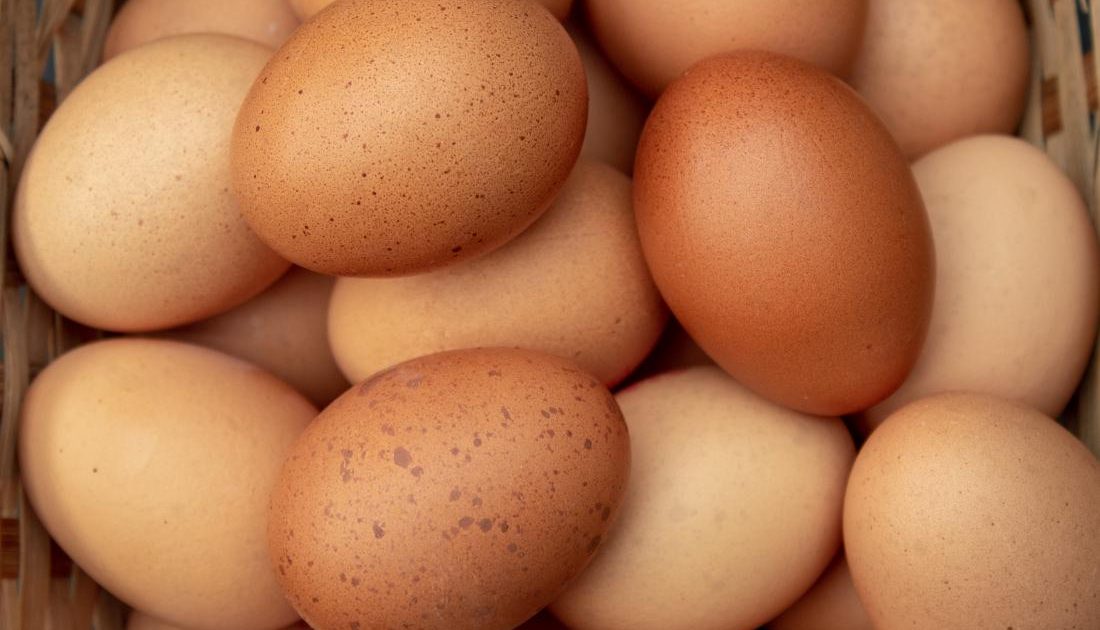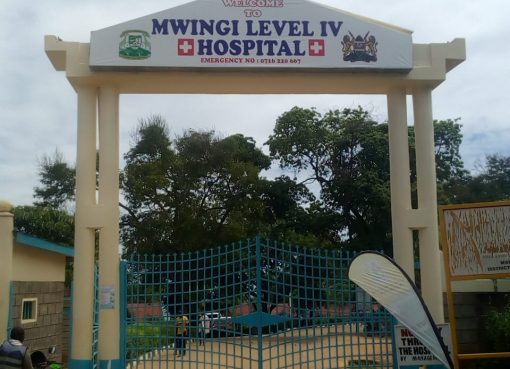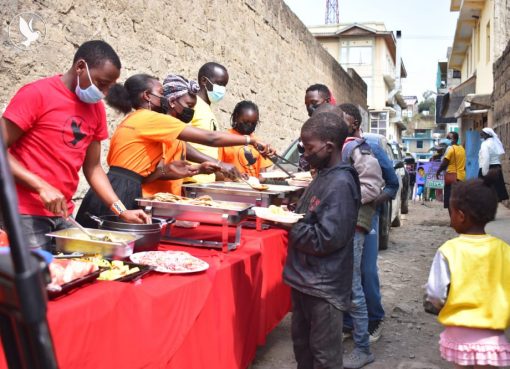When Kagaa women group from Maragua Sub-county received a grant of Sh. 499,000 from the National Agricultural and Rural Inclusive Growth Project (NAGRIP) to set up a poultry enterprise, they foresaw a bright future and a change in their fortunes.
Two years later, the dream of the Group has not been realized as the market is saturated with imported eggs and the high cost of chicken feed.
The World Bank funded NAGRIP, provided construction materials, feeds and one-month old chicks to the group of 30 women.
“We received 300 fully vaccinated chicks and enough feed to start us off,” noted the Group’s Chairperson, Ms. Agnes Muthoni, who said that after a few months into the venture, a disease outbreak swept half of the brood.
With the unfortunate incident, Muthoni noted, half of the members dropped from the group.
“The remaining ones have over the last two years resiliently tried to overcome the challenges and keep the poultry venture afloat,” she added.
However, with the high cost of chicken feeds, the group, like most farmers in the country, are struggling to be self-reliant.
“It is unfortunate that the government has continued to allow import of materials for manufacturing chicken feeds and we have had to dig deeper into our pockets to purchase feed,” stated Muthoni.
Agnes Chege, another chicken farmer, opined that the cost of feed as a result of importing feed manufacturing materials, currently is higher compared to a few years ago.
“The market price currently for a 50 -kilo bag of feed for layers stands at Sh. 2,600. When I started keeping chicken, the same was retailing at a much lower cost,” noted Chege.
This fact coupled with the influx of imported eggs in the local market, is making it difficult to make profit and sustain the poultry business for many farmers.
The farmers observed that the country has a surplus of eggs in the local market as they are being imported from the neighboring countries.
“An influx of eggs in the market has led to a slump in prices per tray to as low as Sh. 260 from the expected price of Sh. 400 per tray for kienyeji eggs,” remarked Chege.
They appealed to the government to regulate the poultry sector and protect them from incurring huge losses.
The farmers also appealed to County Government to avail extension services and veterinary personnel so as to deal with disease outbreaks promptly and avert disaster like what they experienced.
Ms. Valentine Wamaitha, a practicing veterinary doctor in Murang’a, who talked to KNA, noted that the most common cause of pullet deaths is protozoa and bacterial infections.
Viral infections that commonly affect chicken are Newcastle disease, gumboro and fowl pox, with Wamaitha urging farmers to observe cleanliness and insist on the right feeds from vendors so as to avoid contamination.
She further advises farmers to always vaccinate their chicks as recommended.
“When chicks are well vaccinated, diseases such as coccidiosis, infectious bronchitis and salmonellosis will be kept at bay.” divulged Wamaitha.
The veterinarian further called on farmers to ensure proper housing and ventilation, proper feeding and use of the right medication for healthy poultry.
By Florence Kinyua and Purity Mugo





